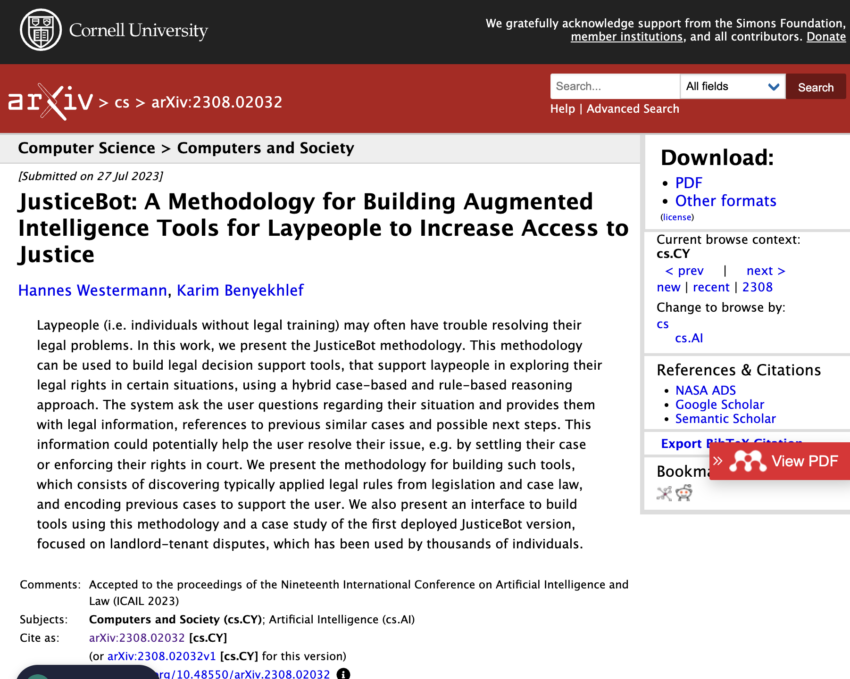Embracing Technology: The Role of Judicial Libraries in Modern Legal Systems
The Chief Justice of Nigeria, Justice Kudirat Kekere-Ekun, has urged judicial librarians to embrace the use of artificial intelligence and digital tools to improve legal research and maintain accurate records. This call was made during the opening ceremony of the Biennial National Workshop for Judicial Librarians and Library Officers, which took place at the National Judicial Institute in Abuja.
The Crucial Role of Judicial Libraries
Justice Kekere-Ekun highlighted the indispensable role that judicial libraries and their custodians play in the administration of justice. She emphasized that these institutions are more than just repositories of books and documents; they serve as the intellectual nerve centers of the courts. These libraries ensure that judicial reasoning is well-informed by statutes, precedents, legal commentary, and emerging legal trends.
Tolong support kita ya,
Cukup klik ini aja: https://indonesiacrowd.com/support-bonus/
She noted that the ongoing digital transformation has necessitated an evolution in how judicial libraries operate. Hybrid systems that combine traditional print materials with digital platforms have become the new standard. The integration of technologies such as artificial intelligence, cloud-based databases, blockchain, and assisted legal research tools has revolutionized the way legal information is processed and utilized.
Enhancing Legal Research Through Innovation
The Chief Justice stressed that while the judiciary’s collective commitment is to continuously enhance legal research, it is the responsibility of librarians to manage knowledge and ensure access to credible legal information. In today’s rapidly evolving technological landscape, the role of judicial libraries has become even more critical. The strength and credibility of judicial decisions rely heavily on sound legal research, robust jurisprudential foundations, and the timely availability of accurate legal information.
A well-managed judicial library enables judges, magistrates, legal scholars, and judicial officers to access relevant and up-to-date resources. This is particularly important in a dynamic legal environment where laws evolve and jurisprudence is continually refined. The integrity and consistency of judicial decisions depend significantly on the quality of research support available.
Expanding the Role of Judicial Librarians
Judicial librarians and library officers do not merely organize materials; they act as stewards of legal knowledge by curating, classifying, and maintaining both print and digital resources. They empower judicial officers to interpret and apply the law accurately and effectively. As knowledge managers, their roles have expanded to include the digitization of legal resources and the integration of technological tools into library services.
However, the Chief Justice also cautioned that while these innovations offer vast potential, they present new challenges. It is imperative for judicial libraries to upgrade their technological infrastructure, invest in digital content, and enhance the capacity of library officers to navigate and deploy modern research tools effectively. This includes building competencies in digital literacy, cybersecurity, and the use of AI-enabled legal research platforms that can streamline processes, identify relevant authorities, and support sound judicial reasoning.
Upholding Ethical Standards
Justice Kekere-Ekun emphasized the need for judicial librarians to uphold high ethical standards. She stated that judicial libraries must adhere to core values such as confidentiality, impartiality, integrity, and accuracy. Legal information must not be distorted, and library services must remain unbiased, ensuring that judicial officers receive credible and comprehensive materials upon which to base their decisions.
A Commitment to Excellence
The Administrator of the National Judicial Institute, Justice Salisu Abdullahi, noted that the workshop was not just another event on the institute’s calendar but a reaffirmation of a shared commitment to strengthening the foundation of justice through knowledge. He said the workshop aimed to foster collaboration, innovation, and excellence among judicial library professionals, ensuring they were well-prepared to support the research and information needs of the judiciary.
He described judicial libraries as silent but ever-present custodians of legal wisdom. These libraries stand as pillars upon which sound jurisprudence is built, serving as bridges that connect the past, present, and future of legal thought. They preserve the rich heritage of legal principles, provide resources for judges and legal practitioners to render decisions that shape society, and meet the ever-evolving demands of justice with an unyielding pursuit of knowledge.
Justice Abdullahi emphasized that it is imperative for judicial libraries—and the dedicated staff who manage them—to evolve to meet the growing expectations of the legal community.







